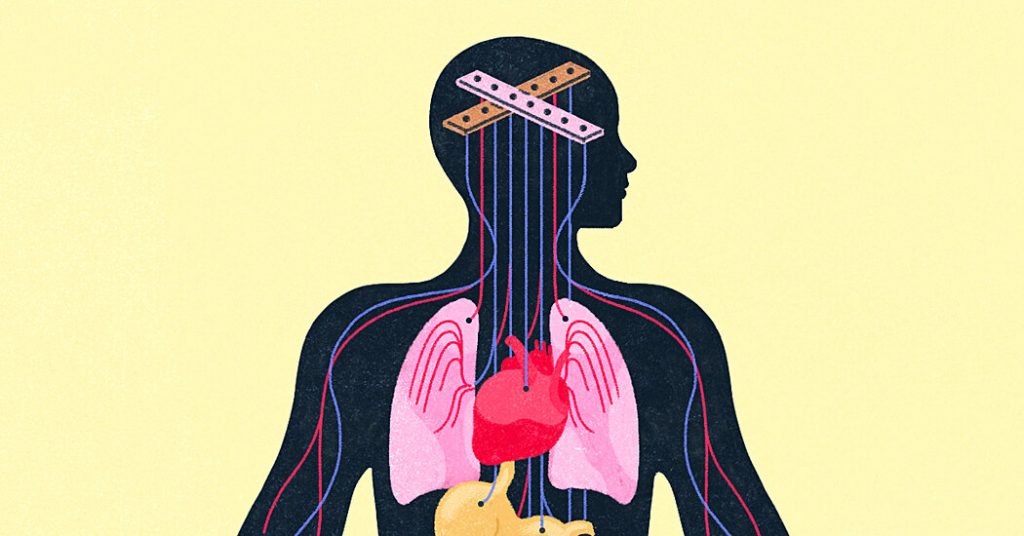
“Depression diminishes a person’s capacity to analyze and respond rationally to stress,” Dr. Spiegel said. “They end up on a vicious cycle with limited capacity to get out of a negative mental state.”
Potentially making matters worse, undue anxiety and depression often coexist, leaving people vulnerable to a panoply of physical ailments and an inability to adopt and stick with needed therapy.
A study of 1,204 elderly Korean men and women initially evaluated for depression and anxiety found that two years later, these emotional disorders increased their risk of physical disorders and disability. Anxiety alone was linked with heart disease, depression alone was linked with asthma, and the two together were linked with eyesight problems, persistent cough, asthma, hypertension, heart disease and gastrointestinal problems.
Treatment can counter emotional tolls
Although persistent anxiety and depression are highly treatable with medications, cognitive behavioral therapy and talk therapy, without treatment these conditions tend to get worse. According to Dr. John Frownfelter, treatment for any condition works better when doctors understand “the pressures patients face that affect their behavior and result in clinical harm.”
Dr. Frownfelter is an internist and chief medical officer of a start-up called Jvion. The organization uses artificial intelligence to identify not just medical factors but psychological, social and behavioral ones as well that can impact the effectiveness of treatment on patients’ health. Its aim is to foster more holistic approaches to treatment that address the whole patient, body and mind combined.
The analyses used by Jvion, a Hindi word meaning life-giving, could alert a doctor when underlying depression might be hindering the effectiveness of prescribed treatments for another condition. For example, patients being treated for diabetes who are feeling hopeless may fail to improve because they take their prescribed medication only sporadically and don’t follow a proper diet, Dr. Frownfelter said.
“We often talk about depression as a complication of chronic illness,” Dr. Frownfelter wrote in Medpage Today in July. “But what we don’t talk about enough is how depression can lead to chronic disease. Patients with depression may not have the motivation to exercise regularly or cook healthy meals. Many also have trouble getting adequate sleep.”

